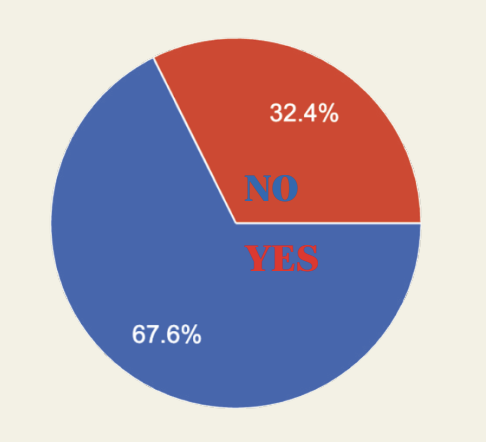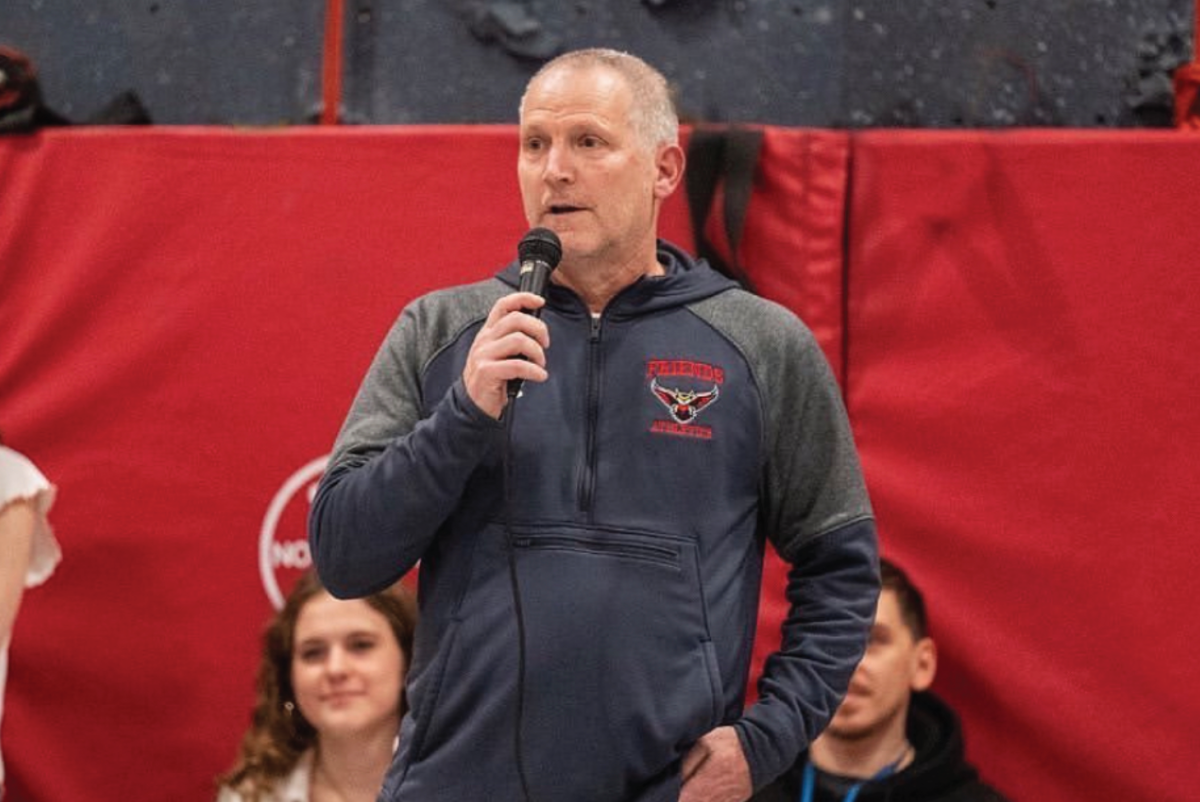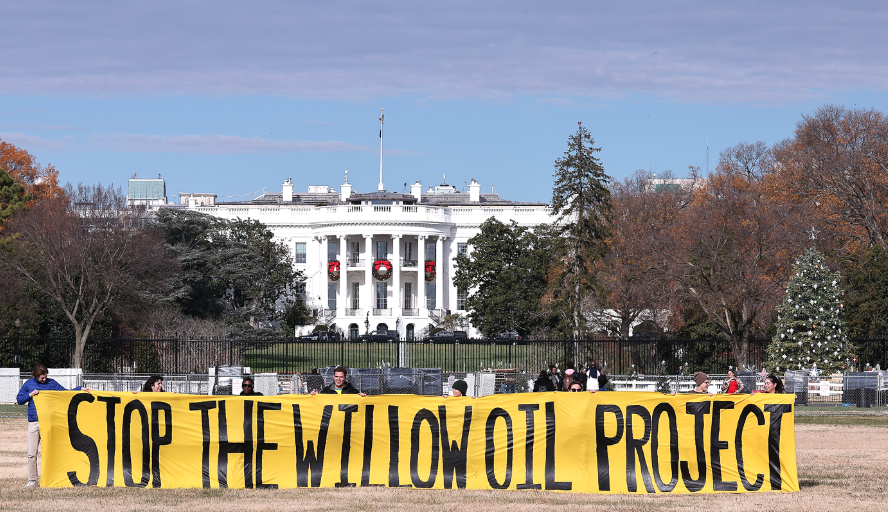ConocoPhillips, the only energy company with oil drilling operations in Alaska’s National Petroleum Reserve, has been drilling for oil in Alaska for years. Significantly larger than its two current projects is the Willow Project: a massive oil drilling project on Alaska’s North Slope in the Federally owned National Petroleum Reserve. The region holds around 600 million barrels of oil which will take years to reach the market since the project has not been constructed yet.
ConocoPhillips originally proposed Willow when oil was discovered in the Willow prospect area west of Alpine, Alaska. It was approved by the Trump Administration in 2020. Initially, ConocoPhillips was authorized to create five drill pads, which the Biden Administration reduced to three (which will allow the company to drill only 10 percent less oil than they had originally pursued).
Government sources told CNN that courts would not have allowed the Biden administration to reject or drastically reduce the Willow Project, and that it could face fines and legal action from ConocoPhillips if it attempted to do so.
Willow moved through the approval process for months, inspiring a massive uproar of online climate activism, especially from young people on social media. Activists wrote more than one million letters to the White House, and a Change.org petition received more than three million signatures. Here at Friends, during a SEED Club meeting a few weeks ago, students signed multiple petitions against the Willow Project, including one from the Natural Resources Defense Council.
After learning of the Willow Project’s approval, Zoe Glimcher ‘24 said, “I really wanted to stop the Willow Project and when I found out that it was not to be stopped, it was pretty heartbreaking because you think things are going to change.” She also was frustrated that “during SEED we discussed the Willow project and a potential letter writing even to the Biden administration but unfortunately they had already made a decision before the event was planned.” Missing out on an opportunity to engage in student action created a feeling of hopelessness.
Sophie Neuman ‘24 expressed her anger about Willow’s approval as well, saying “It will destroy the environment! It will release an obscene amount of Carbon into the atmosphere and its impact will have a negative effect on everyone. The only people that will benefit are the people who are selling the oil.” Willow will generate enough oil to release 9.2 million metric tons of carbon pollution per year and will last for decades.
The Willow Project was approved because it provided many union jobs, especially to Alaskan natives. However, Alaskan indigenous people are divided over the project, with some tribes supporting it for its job opportunities while others recognize the potential health and environmental impacts on those who live near the project.
Zoya Teirstein, who writes for Grist.org, a nonprofit media organization dedicated to climate solutions, wrote an article called “The Dubious Economic Calculus Behind the Willow Project.” The piece discussed how the project’s approval gained praise from oil industry executives and Alaska politicians who argued that the project would help replace Russian oil supplies and provide “an economic boon for Alaskans.” Willow Project supporters stressed the need for the US to gain energy independence due to Russia’s invasion of Ukraine.
However, Teirstein said that the energy and economic benefits of the project will be much smaller and less certain than its supporters suggested. First of all, the project will be an inadequate substitute for Russian oil, as the chemistry of petroleum beneath Alaska’s North Slope is different from both light shale and heavier oil that comes from Russia. The Federal Bureau of Land Management’s analysis also found that Willow’s effect on the global energy market and American energy independence will be limited and its overall impact on oil prices will likely be small.
Secondly, it will also come at a cost to Alaska state funds that have relied on fossil fuel revenue that is increasingly hard to come by, even with new drilling initiatives. Experts in Alaskan economic policy also said that Willow will unlikely to bring back the economic security oil provided to the state decades ago and any payout is years away. In the short term, state revenue might actually decrease, since the project is on federal land.
Willow is a significant blow to the Climate fight and strengthens an industry that does not care about the climate crisis. A federal judge declined to block progress on the project, ruling on April 4 that Willow construction could proceed as environmental organizations’ lawsuits continued. It is understandable that students feel angry and powerless to stop the situation. Still, there are still activists and organizations working to prevent future initiatives and hold the Biden administration accountable, especially considering the fact that Biden broke one of his major campaign promises to do everything in his power to combat climate change. Hopefully the project is stopped, but most likely we can only cross our fingers that the scope of the project gets reduced.
Sources:
https://grist.org/energy/willow-project-economic-benefits-alaska-energy-independence/
https://www.cnn.com/2023/03/14/politics/willow-project-oil-alaska-explained-climate/index.html
https://www.cnn.com/2023/04/03/politics/willow-project-injunction-ruling-climate/index.html
















